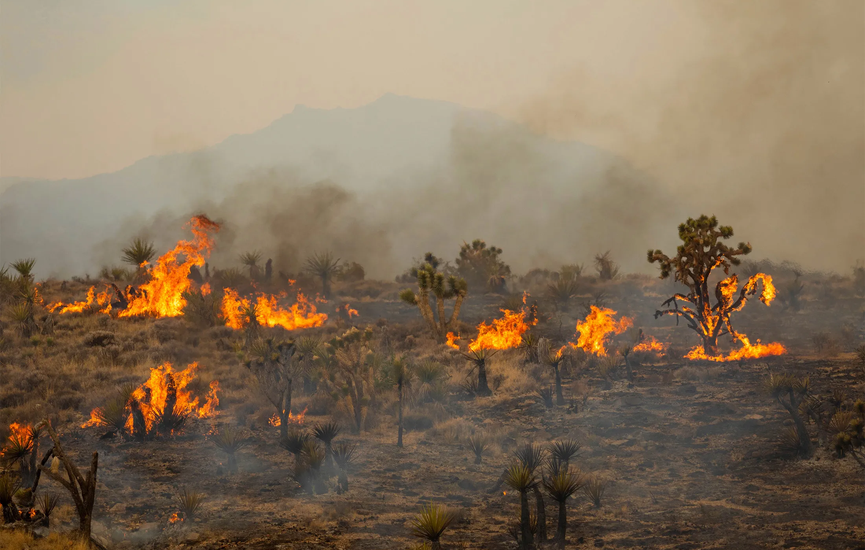A new study by researchers at the University of Cape Town (UCT) has found that certain exotic plants may increase the risk of urban wildfires.
The research, conducted after the devastating Table Mountain fire in April 2021, examined how exotic plant species contribute to the speed and intensity of fires. The fire, which destroyed around 3,000 hectares of land and damaged UCT's Jagger Library, was fueled by strong winds and dry vegetation.
The study, titled "Time to Extinguish the Exotic Flame: Lessons from the 2021 Cape Town Fire," found that plant traits, especially in ornamental exotic species, impact fire behavior. The researchers studied 42 plant species, 22 native and 20 exotic, analyzing characteristics like leaf thickness, surface area, and specific leaf area. They found that plants with thin leaves and larger surface areas ignited more quickly, while thicker-leaved plants burned for longer.
Muthama Muasya, the study's senior author, highlighted that exotic species with thin leaves, tall growth, and the ability to retain dry or dead foliage are particularly concerning. These traits increase combustibility and the ability to trap embers, especially in windy conditions.
The researchers recommend that cities focus on using native species with lower flammability in green spaces, and raise awareness about the fire risks posed by certain plants. The full study will be published in the September issue of the South African Journal of Botany.
